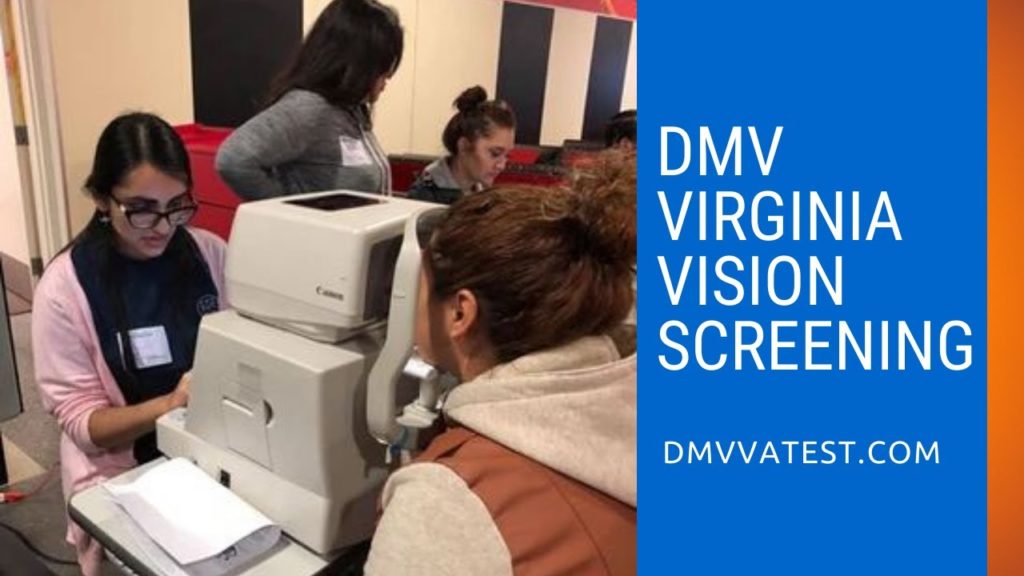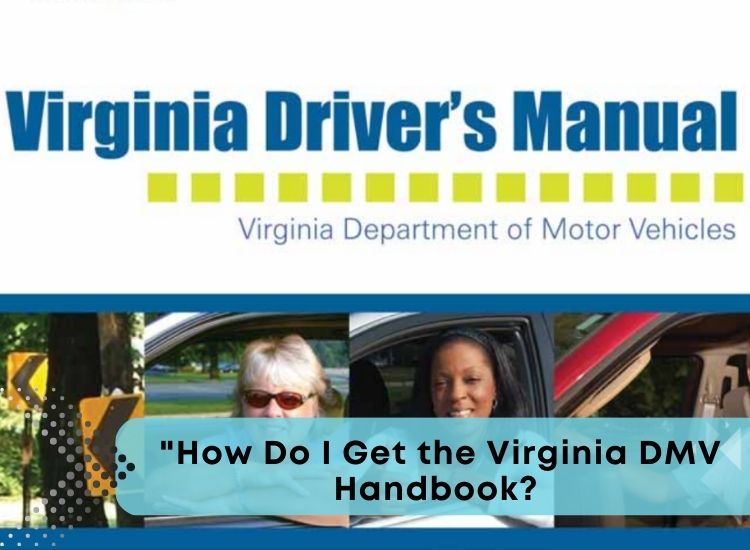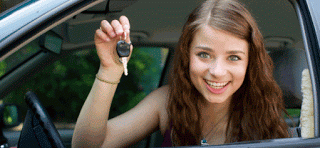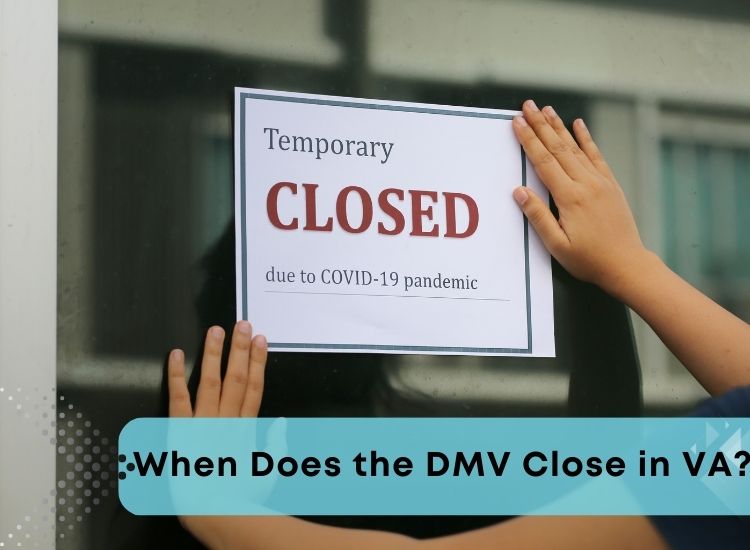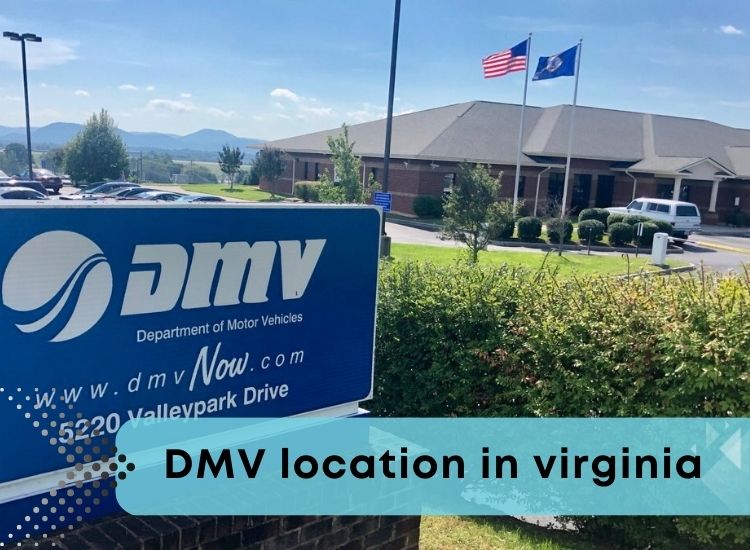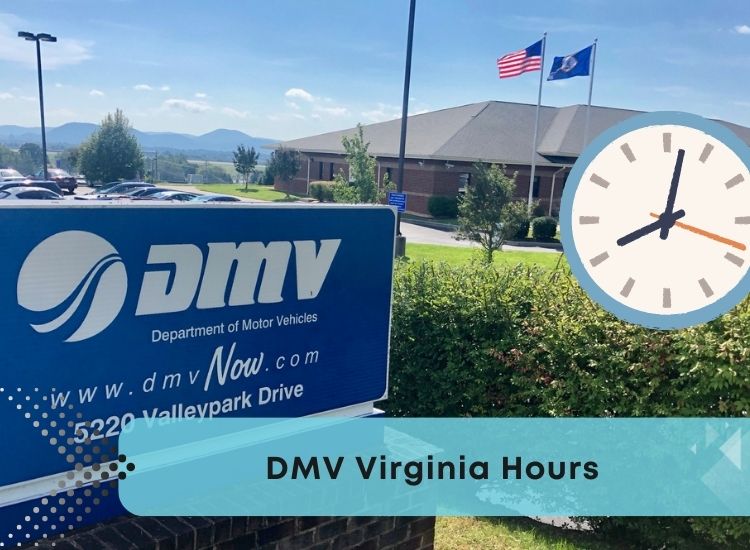Understanding Vision Screening for Driving in Virginia
When it comes to driving, having good vision is crucial for ensuring safety on the roads. In Virginia, the Department of Motor Vehicles (DMV) conducts vision screenings to determine if drivers meet the necessary visual standards. This article aims to provide a clear and concise overview of vision screening requirements in Virginia, without compromising on readability or originality.
Vision Screening Process
At the DMV’s vision screening, a DMV staff member will instruct you to gaze into a device and identify a sequence of letters or numbers. It is vital to understand that this assessment is not a medical examination; instead, its purpose is to evaluate your visual capacity for safe driving. In the event that you do not meet the requirements of the vision screening, you may be asked to consult an eye care specialist for a more thorough evaluation.
Wearing Corrective Eyewear
If you require glasses or contact lenses to pass the vision screening, it’s essential to wear them whenever you drive. Your driver’s license will display a “C” restriction, indicating that wearing corrective eyewear is mandatory. In case you undergo laser surgery to correct your vision, you can have this restriction removed by either passing the vision screening without glasses or contact lenses at a DMV customer service center or by submitting a Vision Screening Report (MED 4).
Vision Standards for Unrestricted License:
For an unrestricted driver’s license in Virginia, the following vision standards must be met:
- Having a visual acuity of 20/40 or better in one or both eyes.
- Possessing a horizontal field of vision of 110 degrees or more in one or both eyes, or a comparable measurement indicating a field of vision within this range. These standards are implemented to ensure that drivers have sufficient vision capabilities for safe driving.
Driving with Restricted License:
If your vision doesn’t meet the standards for an unrestricted license but satisfies specific criteria, you may be issued a restricted license. This license allows driving only during daylight hours. The vision standards for a restricted license are as follows:
- A visual acuity of 20/70 or better in one or both eyes.
- A horizontal field of vision measuring 70 degrees or better.
- If vision is present in only one eye, a minimum horizontal vision of 30 degrees or better when looking toward your nose and 40 degrees or better when looking toward your temple is required, or an equivalent measurement indicating a field of vision within this range.
- These standards are put in place to ensure that drivers with restricted licenses have adequate vision for driving safely.
Bioptic Telescopic Lenses:
If you wear bioptic telescopic lenses, additional information is available in the DMV publication titled “Driver’s Licensing Information for Bioptic Telescopic Lens Wearers” (MED 44). You can obtain this publication from the official DMV website, www.dmvNOW.com, or by contacting the DMV directly.
DMV Virginia Vision Screening
Conclusion: Vision Screening for Driving in Virginia
Ensuring proper vision is essential for safe driving. Virginia’s vision screening process helps evaluate drivers’ visual acuity and field of vision to meet the required standards. If you need corrective eyewear to pass the screening, make sure to wear them while driving. Remember to check the DMV’s guidelines or contact them directly for the most up-to-date information on vision screening requirements. Drive safely and prioritize your vision for a secure driving experience.
Frequently Asked Questions
What is the purpose of the vision screening conducted by the DMV in Virginia?
The vision screening conducted by the DMV in Virginia aims to assess an individual’s visual ability to drive safely. It is not a medical exam but rather a way to determine if a driver meets the required vision standards for obtaining a driver’s license.
If you fail the vision screening, what are the options available to you?
If you fail the vision screening, you may be required to visit an eye care professional for further evaluation. They will assess your vision and determine if corrective measures such as glasses, contact lenses, or surgery are necessary to meet the vision standards for driving.
How can you have the “C” restriction removed from your driver’s license after laser surgery to correct your vision?
After laser surgery to correct your vision, you can have the “C” restriction removed from your driver’s license by either passing the vision screening at a DMV customer service center without wearing glasses or contact lenses, or by submitting a Vision Screening Report (MED 4) to the DMV.
What are the vision standards required for an unrestricted driver’s license in Virginia?
To obtain an unrestricted driver’s license in Virginia, you need to meet the following vision standards: 20/40 or better vision in one or both eyes, and horizontal vision of 110 degrees or better in one or both eyes. These standards ensure that your vision is sufficient for safe driving.
If your vision does not meet the requirements for an unrestricted license, what are the conditions for obtaining a restricted license?
If your vision falls short of the requirements for an unrestricted license, you may be eligible for a restricted license. For a restricted license in Virginia, you must have 20/70 or better vision in one or both eyes, and horizontal vision of 70 degrees or better. If you have vision in only one eye, you need at least 30 degrees of horizontal vision when looking toward your nose and 40 degrees when looking toward your temple.
Can you drive with a restricted license issued due to vision impairment during nighttime hours in Virginia?
No, a restricted license issued due to vision impairment in Virginia only allows driving during daylight hours. Nighttime driving is not permitted with this type of license.
Where can drivers who wear bioptic telescopic lenses find more information and guidelines specific to their situation in Virginia?
Drivers who wear bioptic telescopic lenses can find detailed information and guidelines in the DMV publication titled “Driver’s Licensing Information for Bioptic Telescopic Lens Wearers” (MED 44). This publication is available on the official DMV website, www.dmvNOW.com, or they can contact the DMV directly for further assistance.
What are the consequences if a driver with a vision impairment fails to wear their required corrective eyewear while driving in Virginia?
If a driver with a vision impairment fails to wear the required corrective eyewear (glasses or contact lenses) while driving in Virginia, they may be in violation of the law. This can result in penalties such as fines, license suspension, or even legal consequences in the event of an accident. It is crucial for drivers to adhere to the vision requirements and wear the necessary corrective eyewear for their safety and the safety of others on the road.
Related Content : New Vision Requirements For Driving In Virginia
Resources I Use
Resource 1: DMV Virginia – http://www.dmvNOW.com
Resource 2: Virginia Driver’s Manual : https://www.dmv.virginia.gov/webdoc/pdf/dmv39.pdf

